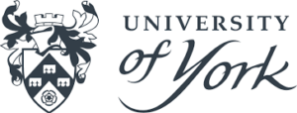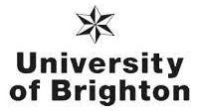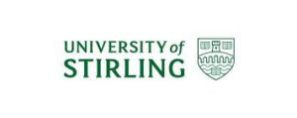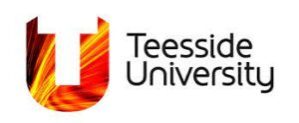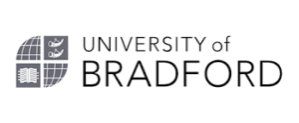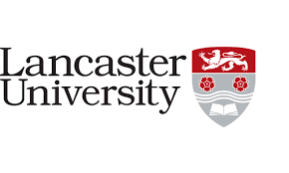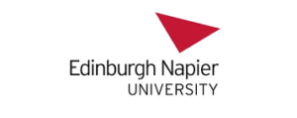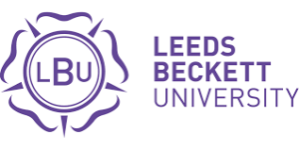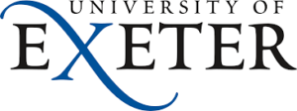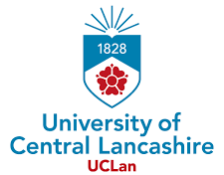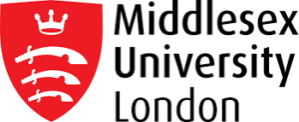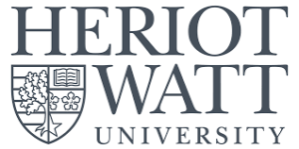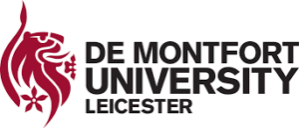United Kingdom
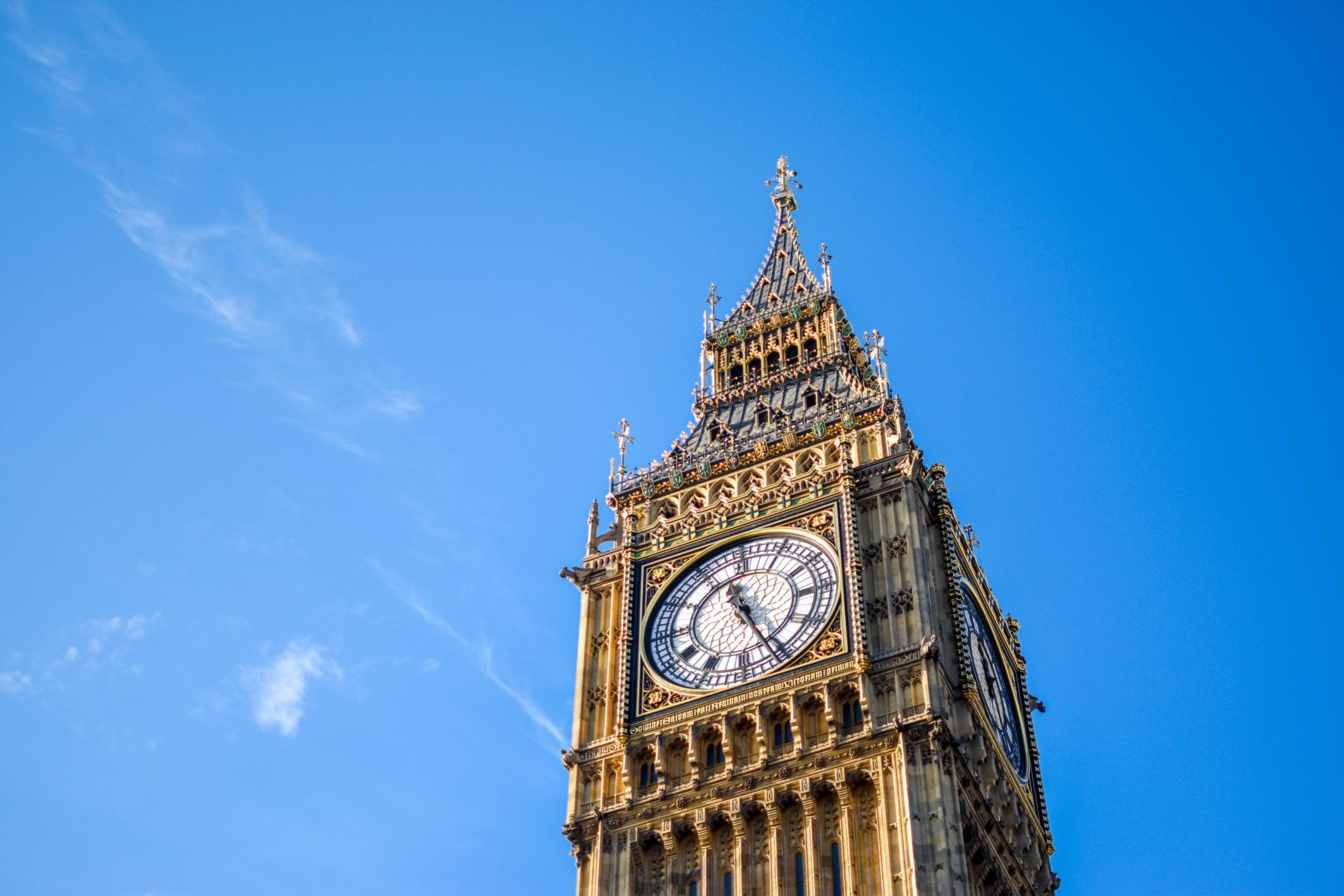

About United Kingdom:
The United Kingdom is twice the size of New York State and is made up of Great Britain (England, Wales, and Scotland) and Northern Ireland. The granite Cheviot Hills separate England from Scotland on the north; from them, the Pennine chain of uplands extends south through the centre of England, reaching its highest point in the Lake District on the northwest.
The Cambrian Mountains run along the border of Wales, a land of steep hills and valleys, while the Cotswolds, a range of hills in Gloucestershire, extend into the surrounding shires.
The Thames, Humber, Tees, and Tyne are major rivers that flow into the North Sea. The Severn and Wye rivers, as well as the Mersey and Ribble, empty into the Bristol Channel and are navigable.
- Name: United Kingdom (long form) United Kingdom of Great Britain and Northern Ireland
- Capital City: London (7,556,900 pop.) (12,300,000 to 13,945,000 metro)
- United Kingdom Population: 63,395,574 (2013 est.)
- Currency: United Kingdom (GBP)
- Ethnicity: White (of which English 83.6%, Scottish 8.6%, Welsh 4.9%, Northern Irish 2.9%) 92.1%, Black 2%, Indian 1.8%, Pakistani 1.3%, mixed 1.2%, other 1.6% (2001 census)
- GDP total: $2.323 trillion (2012 est.)
- GDP per capita: $36,700 (2012 est.)
- Language: English
- Largest Cities: (by population) London, Birmingham, Glasgow, Liverpool, Sheffield, Leeds, Bristol, Manchester, Edinburgh, Leicester
The UK has become one of the top destinations to study around the world. With traditions of excellence dating back hundreds of years, high class institutions on every corner, and much more flexibility than many other countries, the United Kingdom has much to offer international students that other English-speaking countries cannot. Here are some reasons why the U.K. has become the most sought after destination amongst the international students
- High quality education
- International students are welcomed
- Variety of courses
- High standards of teaching
- Shorter courses
- Cultural diversity
- The UK is an interesting place to live
- Work while you study
The UK has some of the world’s oldest and most reputed educational institutions. The UK predominantly has 2 types of educational institutions. The traditional institutions (many centuries old) and the modern institutions (developed in the last 200 years or less). The UK has a very high density of educational institutions as it is known for its shorter duration courses (1 year masters and 3 year bachelors’). The UK has both universities and colleges that offer degree and diploma courses. Indian students prefer Masters Programs as it is among the few places where a world class masters’ program can be completed in 1 year. Sandwich programs which are study –work programs at the bachelors’ level are also popular.
- Major intake – September / October
- Other Intakes – Jan / Feb, May few Universities offer rolling intakes as well
To study in the UK and a foreign national you must be above 16 years of age. You are also required to have an offer from a reputed institution or a licences student sponsor. Having a strong financial plan or sponsor to fund your education and living expenses is also important.
|
General requirements |
|
|
English Language proficiency for visa (University requirements could be higher) |
UG course: you must be proficient to at least CEFR level B2 (IELTS 5.5) PG course: at least CEFR level B1 (IELTS 4.0) Below degree level: one of the Secure English Language Tests (SELT) certificates |
|
Financial requirements |
You must prove funds for one of the following: First year tuition fees; OR
For living costs: Have at least £1,023 per month to up to 9 months |
|
Evidence of qualifications |
Current certificates or official transcripts with Your name, the name of the institution, the course title, and the date awarded. |
|
English Translations |
All documents should be officially translated to English. A fully certified translation includes:
|
POPULAR UNIVERSITIES
